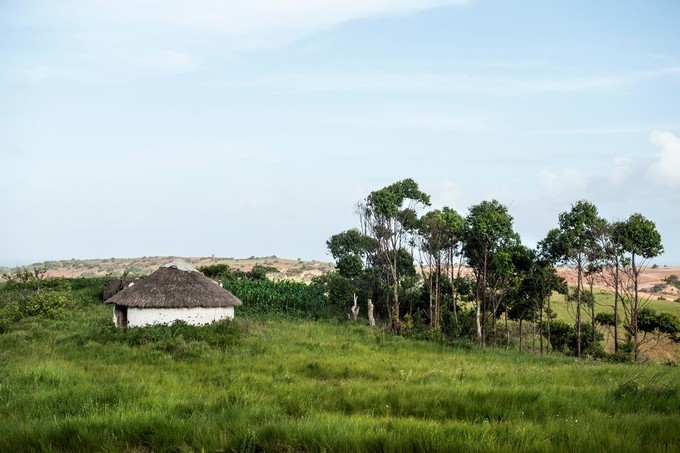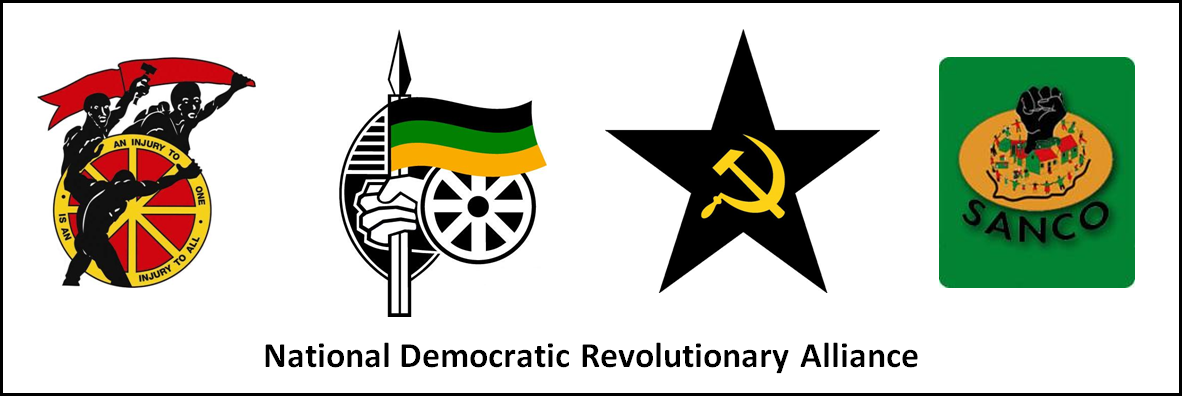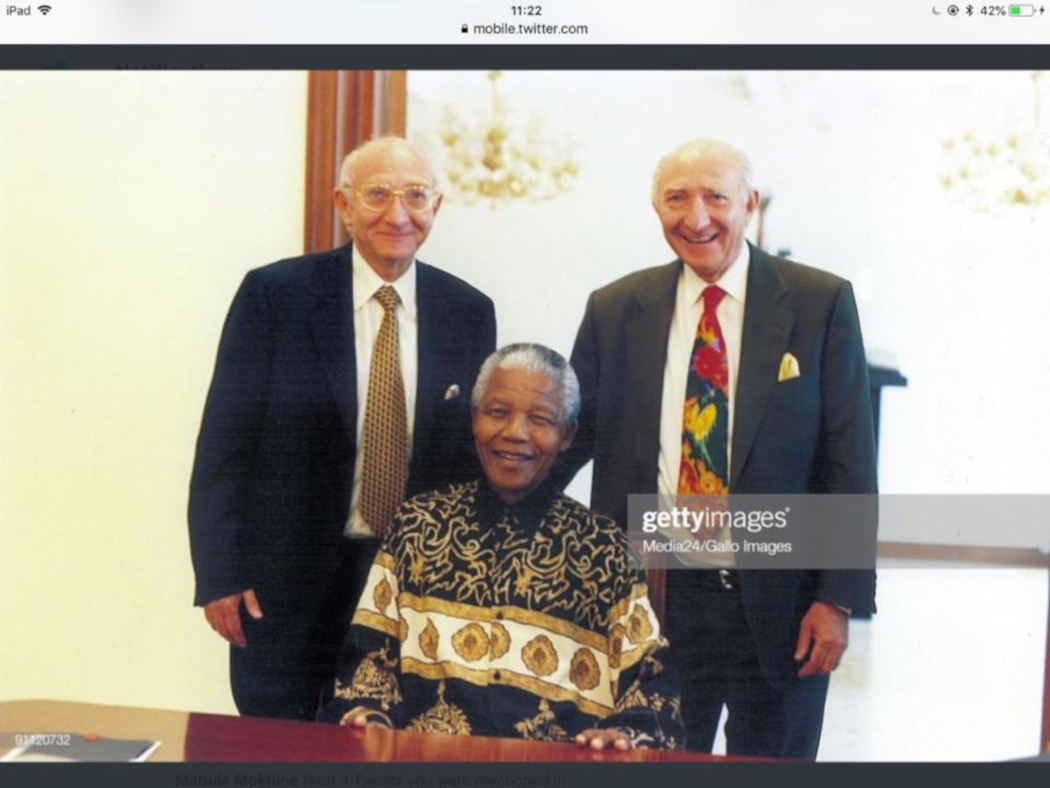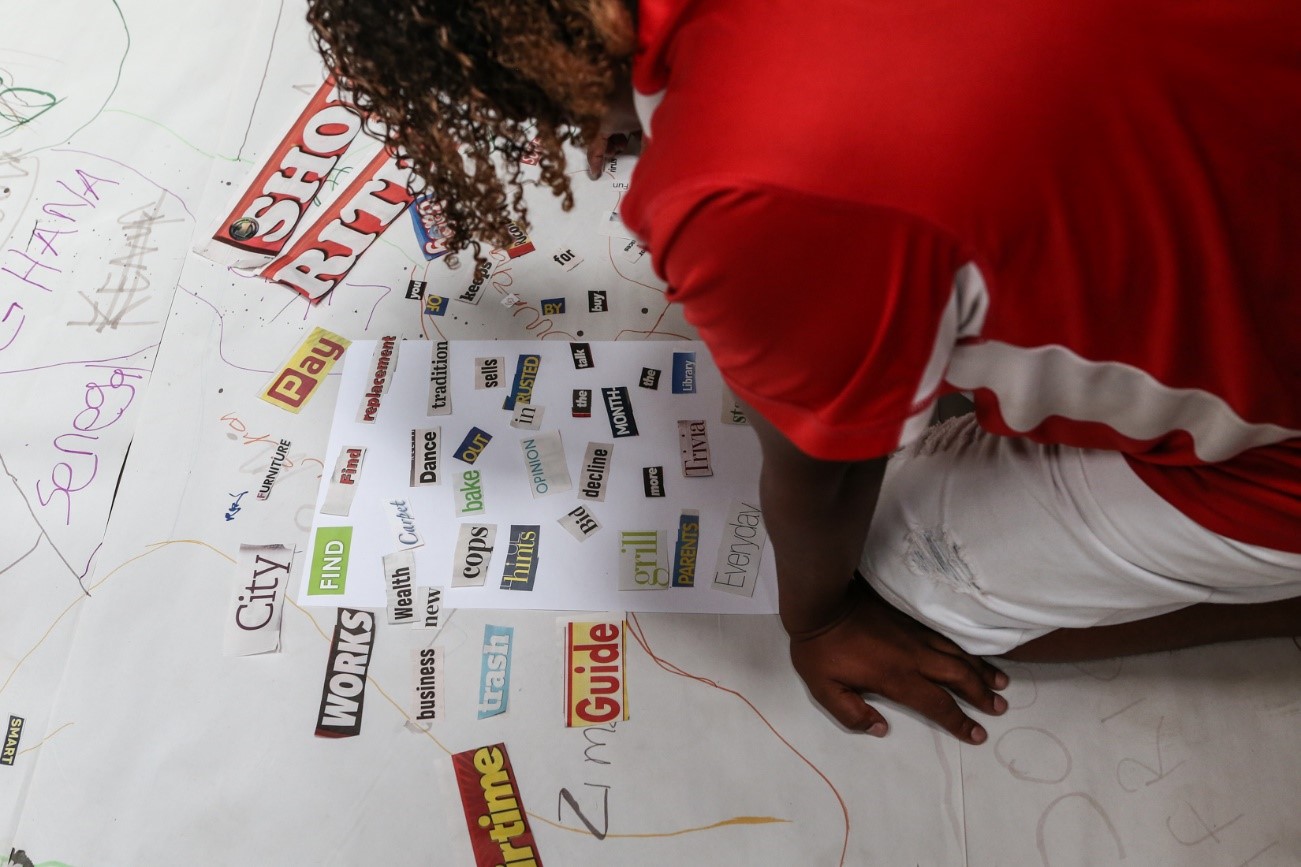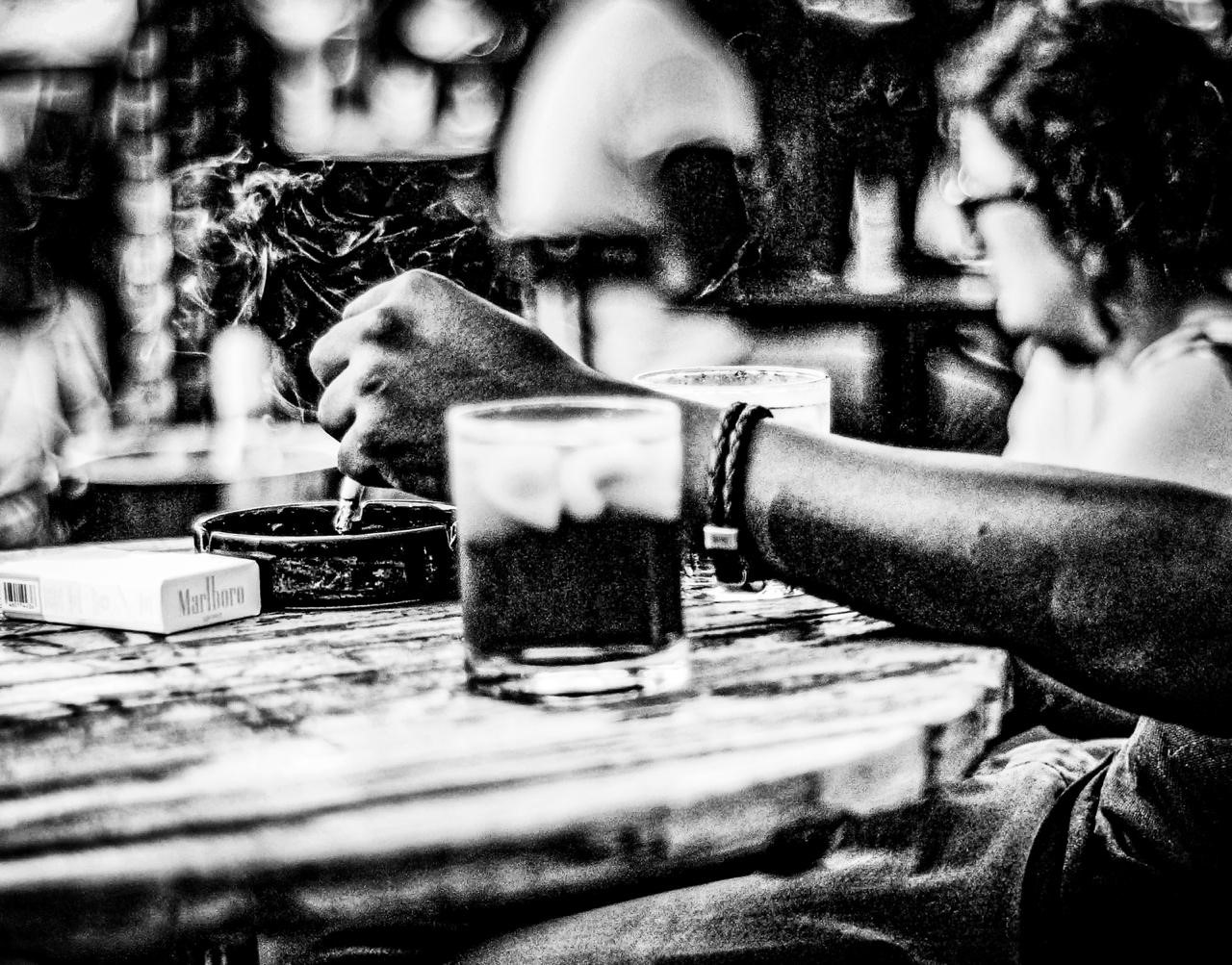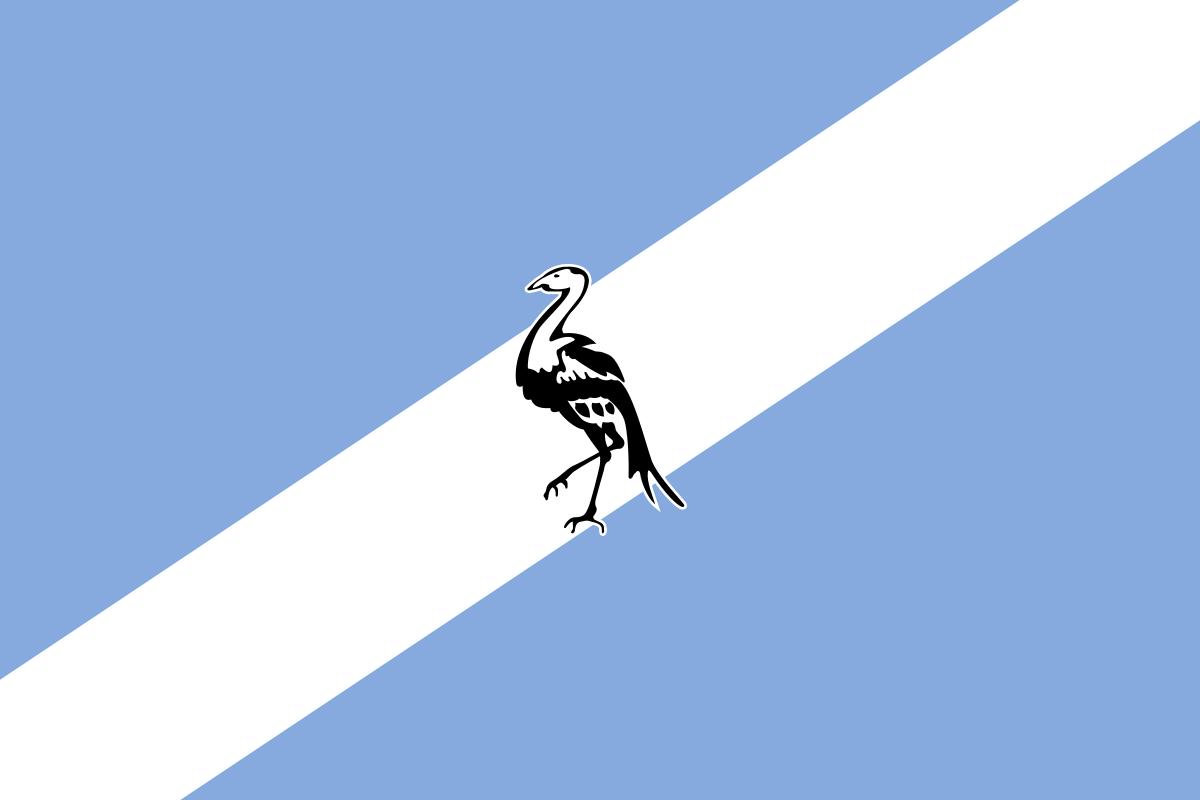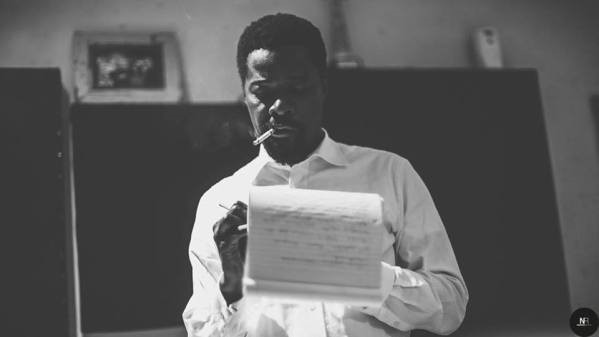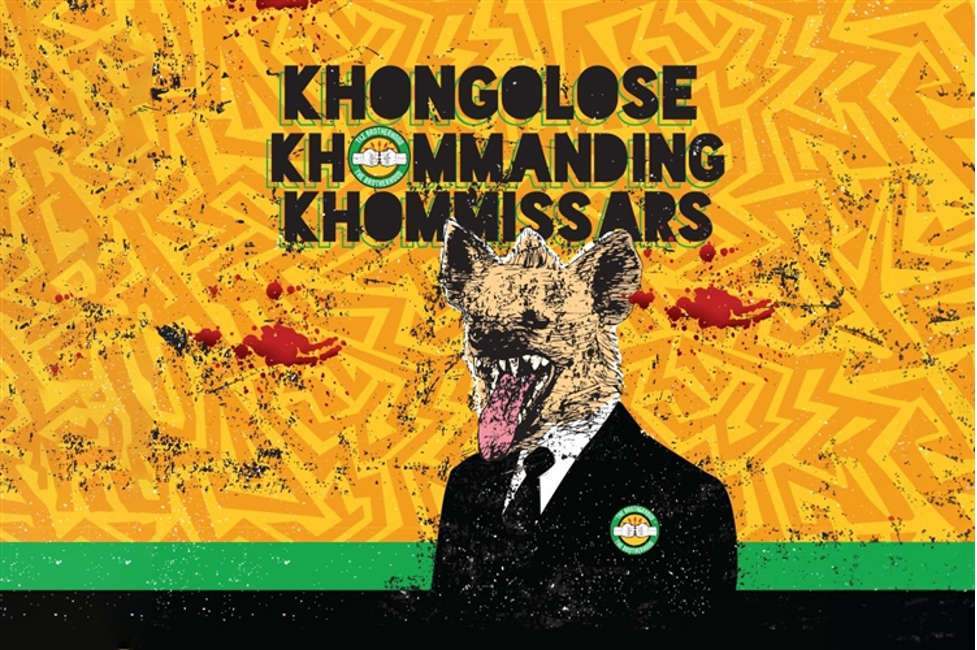If you say to a kid, "Zamani bring me a plastic cup from the kitchen", they will be reluctant. Well, the expression or nature of reluctance will vary from person to person. Some will openly protest and say “Ayi, malume, uyahlupha”, some will display weird but telling body gestures, some will play deaf, and then when you say, “Ngikuthumile nje wena Snazo”, they would say, “Angizwanga”.
But if you say “Zamani bring me a plastic cup from the kitchen, and grab your candy in my room” they are more likely to enthusiastically spring to action.
When you say, “Go buy me a box of match and buy yourself zimbas” they are more likely not to express any ambivalence. Why? Because your interests are somehow tied with or to their interests. In your interests, there are their interests too”.
Through “soft power”, thus beyond naked violence, global capital uses such tactics. It says, “I want to mine at your heritage sites, you can be a shareholder in my mine. I want to open up a financial service company that would take advantage of the middle-class frustrations, you can be a non-executive director in my company. I want to create a student debt collection company; don't worry you will have your cut. I want to dominate the property development market, particularly student accommodation, you can create a company that will play an advisory role so we justify our financial transactions, so you be fine too".
By tying the interests of the political elite with or to their interests, it is sure to make some strides, for instance, in winning concessions, tax related and otherwise, and in being allowed to exploit the resources of the country, natural and otherwise, in pursuit of profit. When your interests are tied to those of the establishment the call to transform the economy is interpreted as shooting oneself in the foot. So, one stays beholden to the status quo, constantly humming its weird imperatives. Phela, the elite must perform its loyalty to the establishment. It must not merely be loyal; it must also be seen to be loyal.
Unfortunately, the political elite gets mere crumbs, and worse of all fiercely fight over them, while the bourgeoisie power structure consolidates for a total take-over of a sovereign country.
The political elite sells itself cheap because it knows that there are always “goodies” on the horizon graciously offered by the neo-colonial barons to willing servants. The elite thus becomes the cheapest commodity in the political market. It is bought with bottles of whiskey, cars, donations to buy (say pacify) abogogo and poor communities blankets, once-in-year grocery, and offer bursaries to needy students, etc. Note the tendency of politicians to start foundations, trusts, etc. [note also: none of these tackles the systemic and structural realities of our society].
So, the elite desperately clamours for the attention of the capitalist imperialist wrecking crew. Every day’s act or utterance is an audition to win the favour of the highest bidder. Conditions are: show the ability to smash worker rights, enforce labour flexibility measures, privatise public assets, commit that under your leadership the state won’t play any role in the market economy unless it protects private property laws, target inflation targeting not unemployment, don't give a damn about ecological sustainability, criminalize the LGBTIQ+ community, reduce expenditure on social and economic services, etc.
Also, almost every young person in a colonially-occupied territory seeks to be part of the gravy train, under the guise of having to “pay bills” (a phrase that pisses me off so much). These people are ourselves, our mentors, brothers, fathers, sisters, neighbours, mothers, aunts, partners, uncles, etc. It is the youth that fears taking risks and would rather bask in the glory of guarantees and weird offers, say a poisoned chalice. The “I go to school, I outmanoeuvre everyone and pass, find employment, get married, have kids” kind of thinking. Anything that comes in between, say struggles for justice, for sexual and reproductive rights or for universal access to quality health, is a huge inconvenience that must be avoided at all cost, hence “Life is too short to be talking about revolution”, “uzodla i-ideology”, etc. all is not lost though, the very violent system breeds rebels, and soon something will give
The African Anarchism Series is a collection of essays to develop African anarchist literature.

